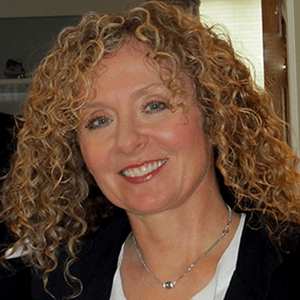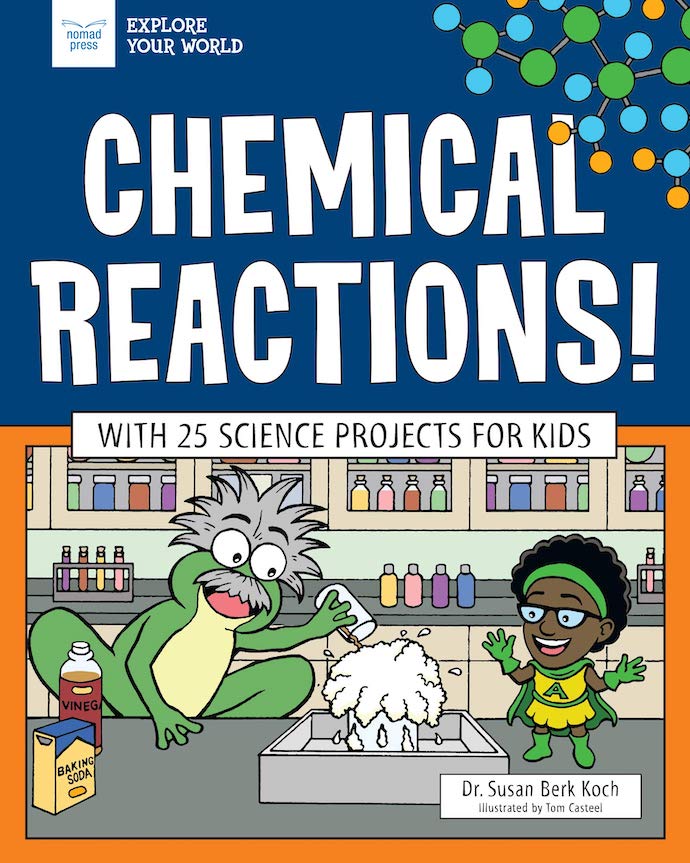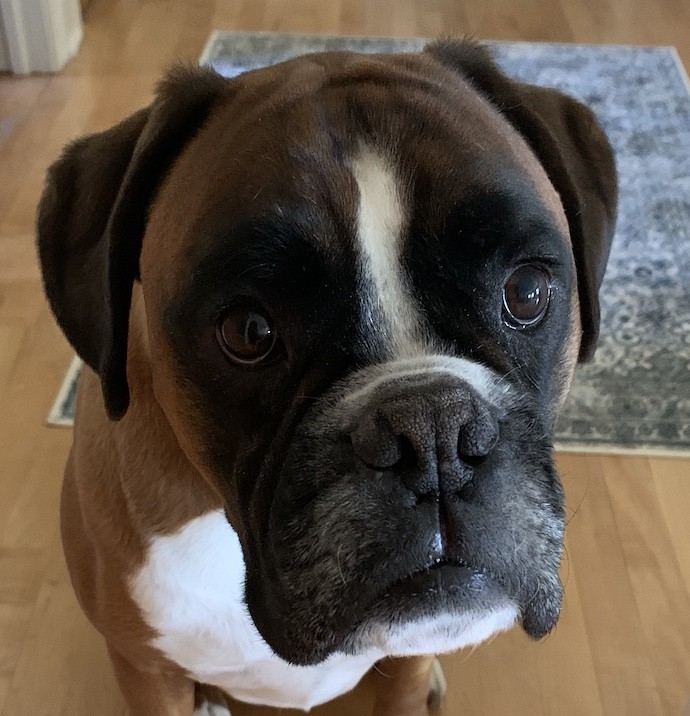The science is unequivocal. Positive self-talk affirmations improve our health. Let’s look at the science behind positive affirmations! And easy ways how to combat negative self-talk, so we can all be healthier & happier.
I agree w/ Louie, because treats make me happy, too! But I want lasting, calorie-free, drug-free ideas to guard us against the inflammatory damage of stress.
This is a pretty big ask, but I’ve gathered evidence! And made a cool word cloud!
‘A sad soul can kill you quicker, far quicker than a germ.’
John Steinbeck
A QUICK LOOK AT THE HISTORY BEHIND POSITIVE AFFIRMATIONS
Okay, the theory of humours does have a few flaws.
HISTORICAL PHILOSOPHERS' OBSERVATIONS : DO POSITIVE AFFIRMATIONS WORK?
POSITIVE SELF-TALK AFFIRMATIONS

I bet a lot of you smiled at that photo of the adorable, happy boy, proving Hume’s point.
‘Power dwells with cheerfulness.'
- Ralph Waldo Emerson.
History doesn’t glamorize positive people. Most of us know that Socrates died by drinking hemlock, condemned to death by the people of Athens. (Although I’m not sure why he didn’t just leave.)
Not to mention the infamous melancholy associated w/ Nietzsche, Sylvia Plath, Franz Kafka, and Vincent Van Gogh.
But the cheerful David Hume, arguably the greatest philosopher the West has ever produced, is virtually unknown.

Buddha'We are shaped by our thoughts; we become what we think.'

Taken from a paradoxical angle, below are many proven facts about brain physiology, which contribute to building evidence towards the science behind positive affirmations.

BRAIN PHYSIOLOGY AND THE SCIENCE BEHIND POSITIVE AFFIRMATIONS
On the flip side, emotionally positive thoughts cause positive changes in the brain!
YES!
SELF-AFFIRMATION THEORY
Candace Pert, a molecular biologist & a key figure in the discovery of the endorphin molecule, the body’s natural form of morphine once commented, “We’ve all heard about psychosomatic illness, but have you heard about psychosomatic wellness?”
Enter self-affirmation theory!

Self-affirmation theory suggests that there are many possible ways that people can protect their self-esteem when it is under threat.
Affirming an aspect of ones' self that may be unrelated to the self-threat is not only effective in making people feel better, but changes brain physiology!!

The ventral striatum of the brain influences motivation, reward, and more!
During reward-based decision making, the ventral striatal signal dynamically changes thereby acting as a motivational engine for the continuation of behavior.
The ventral striatum relies heavily on dopamine.
Dopamine signals rise in the ventral striatum in response to things that are rewarding or worth paying attention to.
A LOOK AT THE RESEARCH AKA THE SCIENCE BEHIND POSITIVE AFFIRMATIONS
Positive affirmations are one technique used that fall under the bigger umbrella of a psychological technique termed cognitive restructuring.
Cognitive restructuring is a group of therapeutic techniques that help people notice and change their negative thinking patterns.
Caveat: Positive affirmations are not designed to be cures for anxiety or depression, nor are they a substitute for clinical treatment of those conditions. But that’s not to say that they won’t help.

We can’t always be taking walks in the park with our loved ones. So how do we combat negative self-talk?
'It is very important to generate a good attitude, a good heart, as much as possible. From this, happiness in both the short-term and the long-term for both yourself and others will come.'
Dalai Lama

HOW TO COMBAT NEGATIVE SELF-TALK
'The most important thing is to enjoy your life—to be happy—it’s all that matters.'
Audrey Hepburn
Affirmations can be simple statements that we say aloud to ourselves every day.
A friend and I who email frequently have begun each correspondence with a positive affirmation. It’s changed the tone of our communication and makes us both feel more calm, optimistic, & happy.
Or, to make the affirmations feel more concrete, consider picking up a lovely notebook & filling it once a day with one sentence of positivity. It will only take 3 minutes and change your brain chemistry.
The two journals below are available on amazon. Click on the photos for an affiliate link to purchase.
‘We can only be said to be alive in those moments when our hearts are conscious of our treasures.'
Thorton Wilder
Getting rid of thought is not an option. Positive affirmations aren’t a cure for complicated medical conditions.
But we can try to reframe our attitudes & brain chemistry with one positive affirmation each day.

A last note, the science behind positive affirmations and brain chemistry states that we need to do this consistently, minimally 3 x a week, to keep the positive effects.
My positive self-talk affirmation as I’m writing, ‘the science behind positive affirmations’ is that I am grateful to each and everyone one of you, for taking the time to read my blog!
I’d love it if you’d share a positive self-talk affirmation with me in the comments below!

















An interesting read. I didn’t know that was a relationship between science and positive affirmations but thanks to your post, I have some new knowledge on this.
I’m happy that you have a takeaway from my post! Thank you so much.
What a timely post. With 14 days of no sun this post is very helpful. For many years, I have carried a little phrase that states “be resolute with the present hour because it is an infinite value. Love the science behind this. Thanks so much for your great work. Keep smiling!. Mike.
Great phrase, Mike! Thank you for sharing it and for stopping by!
Thank you for sharing your knowledge with us. Your visual presentation of science based facts is the first that I have seen in any blog. There are so many wonderful things I have learned from your post.
My positive affirmation: I am a fighter, I am strong and courageous.
I love your affirmation! Thank you for sharing it! Stay strong and courageous!
Wow. This is a very insightful post. I didn’t know there was a science behind positive affirmations. Thanks for letting me know.
You’re welcome! Thanks for stopping by!
I’m going to start my affirmations today. I am grateful for your amazing post. Thank you.
And thank you!
If positive affirmations will help me from panicking over everyday tasks, I’m in. My affirmation is that I am happy there is no snow on the ground today. Excellent post, as always.
And I’m happy to see the sunshine today! (and no snow!) Thank you!
Amazing, I like to read positive affirmations, and it helps me to develop a positive mindset. It’s nice to know the science of it.
I’m a fan of reading positive quotes and affirmations too! Thank you, Fransic!
I definitely came to using affirmations later than I should have (I put it off thinking it wouldn’t work). When I started making the effort to use them the difference was noticeable (why I share posts about them on my site). Thanks for exploring the science behind it all; this was fascinating!
I’m happy that you found the science as fascinating as I do! I enjoyed sharing the positive quotes in this post, so I can see why you do. Thank you, Molly.
Thanks for this timely post, Sue! I tend to be negative in my thought process & struggle with keeping it positive. I find I’m more negative towards others, pinpointing things I struggle with myself. When I catch myself doing this, I like to turn that negative into a positive & say it aloud a few times.
Oh, that’s a great idea, Becki. Flip the negative thought! I researched this topic because I struggle to stay positive at times, too. We’ll both need to work on it. Thanks!
Love everything about this post! Positive affirmations definitely work, and the science behind it is great.
Thank you! I’m happy you loved my post.
I love the fact we are able to change our brain structure. It’s such a revelation and we should all be excited about it.
I love that fact, too, and am excited about changing our brains for the better! Thanks for pointing that out and for stopping by!
Positive affirmations are so important and I loved reading all the science behind it! Thanks for sharing!
I’m happy that you liked reading about the science behind positive affirmations. Thanks so much!
Here are some of my favorite affirmations. Just typing them out makes me happy. I am kind and loving, and I have a great deal to share with others.Every day in every way I’m getting better, better, and better. I am a radiant being, filled with light and love. Everything is coming to me easily and effortlessly. My life is blossoming in total perfection.
Thanks for the great post, Sue. And happy holidays.
I knew I could count on you Amy, to add a few lovely affirmations to my post. You are radiant. Thank you.
I’ve never thought about the connection between positive affirmations and science before but I found it really interesting to read your thoughts. My positive affirmation is I am worthy
Without question, you are worthy! Thanks for sharing your positivity!
this was an interesting read. would urge you to work on making the blog more accessible, though 🙂 a bit tedious to read with a screen reader. do include alt text in images and GIFS you post 🙂
Thank you for the tips. I do have alt text in images, but perhaps I missed a few. I’ll double-check. I don’t have alt text for GIFS so I need to look into how to add that. Appreciate it!
I also believe that self affirmations work. What we think we become. This leads to change in habits and a good lifestyle and physiology. A good check given to be mindful of it atleast three times a day. Nice research and points as always. Xx
Isa A. Blogger
‘What we think, we become.’ I love that quote! I also love that you’re already incorporating affirmations into your life. Thanks so much, Isa.
What a ‘positively’ fabulous and timely article! Thanks for the research you put into it and the quotes – several of which I copied down.
HA! Good pun. I’m a fan of quotes, too. I’m happy that you found my post positive! Thanks!
It’s ridiculous just how long the theory of humours lasted so long in the medical field. It really held back medicine and science
I agree. Totally ridiculous. It was next to impossible to change those peoples’ minds! A good lesson for us to stay open minded. Thanks!
Another fabulous post. Thank you. I am dealing with close family members with dementia and have noticed that positive affirmations work wonderfully.
“Aren’t we lucky to be able to look out the window and see Lake Superior?”
“Isn’t it lovely to sit here in front of the fireplace on this snowy day?”
And … most importantly … “I am so grateful that we are able to have a nice dinner together every night and that you are in my life.”
Thank you, Sue!!!
Wow Eva, not one but three lovely affirmations. You have an excellent point about using affirmations to help others, too.Thank you!
Really interesting post, love the science behind this, I use positive affirmations probably came to them a bit late. Thanks for sharing
I’m happy that you’re already using positive affirmations to decrease stress. It doesn’t matter when you started, IMO, just that you did! Thanks, Sarah.
Love it! Perfect post for this crazy time of year!!!
Today is going to be a good day 🙂
Today is a good day! Thanks so much for sharing your affirmation.
Thank you for sharing such an informative post. I love using affirmations and have seen such positive results because of it!
That’s great to hear about your positive results w/ positive affirmations! (sorry about the pun!) I’m happy you found my article informative. Thank you so much.